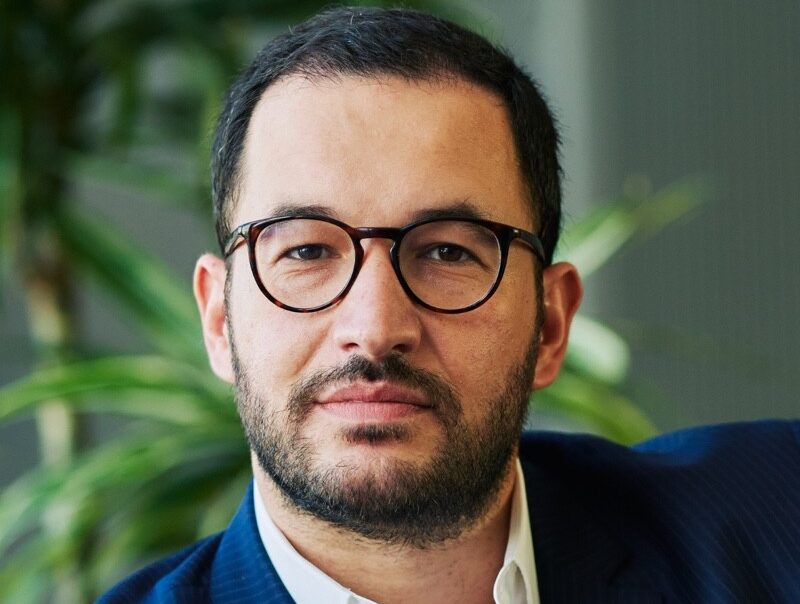Martin Czurda has been appointed Non-Executive Director at APS Bank, with effect from 21st August 2024.
Mr Czurda has been co-opted by the Board of Directors after being recommended by the bank’s Nominations and Remuneration Committee, and in terms of the Bank’s Articles of Association which provide for such a procedure.
Following his appointment, he will now sit on the Bank’s Audit Committee and will chair the Board Credit Committee.
Mr Czurda is a graduate in political science and economics from the University of Vienna and has a Doctorate from the Vienna University of Economics and Business.
His career started in 1989 with Bank Austria and in 1994 he moved to Raiffeisen Zentralbank Vienna as Senior Vice President ofs Loan Syndications and Asset Sales.
In addition, in 2006 he was appointed Head of Global Markets and Global Financial Institutions within the same bank.
In 2009, Mr Czurda moved to Amsterdam Trade Bank and was appointed as CEO. From 2012 he held C-suite and Chair roles at Adria Bank, Anadi Bank and Valantis Bank.
Furthermore, in 2017 he was appointed CEO of the Hellenic Financial Stability Fund, a position he held until early 2021.
Currently, he is an independent Non-Executive Director and Chair of the Risk Committee of Finstella Ltd, a regulated credit acquiring company in Cyprus.
‘A nation shaped by foresight’: ROCS director reflects on 28-year bond with Dubai
Rachel Vella says strong foundations don’t weaken under pressure, but recalibrate, adapt and rise stronger.
IZI Finance plc announces second bond issue and listing on the Malta Stock Exchange
The Group’s performance is supported by a clear focus on innovation, digital transformation and operational excellence, across its core business ...
Hili Properties confirms departure of Managing Director Georgios Kakouras
Daniela Pavia continues as Interim CEO
‘A real honour’ – Co-Founder of Bracket on securing Malta Venture Capital fund investment
The company has recently raised $7 million in seed funding.









